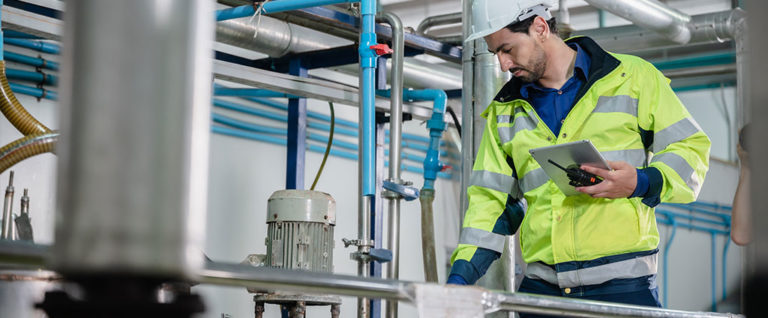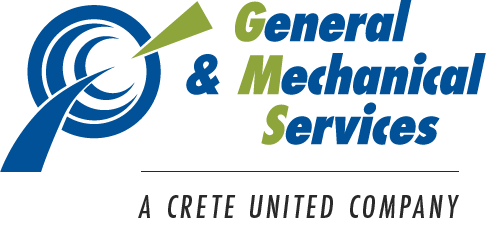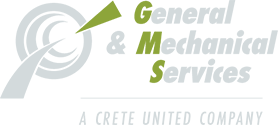
7 Benefits of a Commercial Energy Audit
What is an energy audit?
An energy audit provides important information regarding your energy usage and efficiency. It will provide site-specific, cost-effective measures for retrofit of existing building systems such as mechanical and lighting, allowing you to identify and implement improvements in order to reduce energy costs. In addition, you may also be eligible for incentives from local energy companies.
Here are the 7 top benefits an energy audit can provide for your business
1. Reduce Energy Expenses
The primary focus for reducing energy costs is on building system improvements such as mechanical and lighting in existing buildings, for example, chillers, unitary HVAC, variable frequency drives and commercial refrigeration. The ability for a company to automatically shut off lighting in unoccupied areas using occupancy controls can save thousands of dollars each year. Likewise, replacement of a traditional, less efficient HVAC system with a Variable Refrigerant Flow (VRF) solution that allows for zoning will reduce energy expenses.
2. Identify Problems
HVAC represents a majority of the energy consumption in a commercial building. An energy audit can identify Issues such as:
- Badly configured system – low efficiency can be caused by a lack of maintenance or simply the age of the equipment
- Leaks in the duct or windows – improvements in insulation and air-tightness can really help to achieve significant energy savings
- Too high or low thermostat settings. According to the US Department of Energy, a thermostat setback of 7-10°F for 8 hours per day in wintertime will reduce HVAC costs by around 10%
3. Increase Employee Comfort
If identified improvements are implemented, the process will typically result in improved indoor air quality and comfort, for example, the number one reason for replacing linear fluorescent lamps with LED is energy savings BUT LED lighting also works at a lower temperature therefore reducing the risk of burns if touched. LED lighting also delivers better lighting quality and visibility while providing more design flexibility for your space.
More up-to-date and energy efficient HVAC systems can give employees more precise temperature control for different areas or zones of the building, even different rooms. An energy audit may also suggest the use of UV light to clean the coils at the unit itself which will help to significantly reduce bacteria, viruses and mold within the building which can exacerbate allergies, odors and the health of your employees. An energy audit may also suggest something as simple as regular maintenance on your units. An easy but important place to start is regularly changing air filters to help improve air quality.
4. Reduce Environmental Damage and Pollution
According to the international energy agency, there are about 1.6 billion HVAC units in the world, this number is predicted to grow to 5.6 billion by 2030. HVAC units emit harmful gases into the atmosphere and older ones use a refrigerant that results in a byproduct of gas emissions that cause climate change and deplete the ozone layer. HVAC units are also huge consumers of electricity using 3000 to 5000 watts of electricity every hour they are used, depending on the season. An energy audit will help to identify the main culprits in your building so they can be removed and replaced with less damaging options. Or it may suggest alternative energy sources like solar to help save both money and the planet.
5. Increased Property Value
A high efficiency HVAC solution or LED lighting replacement project in your commercial building will ultimately reduce monthly costs, helping to improve your building’s market value.
6. Extended Equipment Lifespan
A commercial HVAC unit can typically expect to have a lifetime expectancy of 12 to 15 years, depending on its location and maintenance history. Extending the life of your equipment often comes down to proper maintenance. Identifying any inefficient units within your building can be done during an energy audit.
7. Personalized Recommendations
Most commercial buildings have different mechanical, HVAC and lighting solutions, so the individual needs of your building will dictate the steps needed to make efficiency improvements. An energy audit will help you understand how your current building systems are operating and what improvements would be most beneficial and cost-effective. It is the first step to obtaining energy-efficient building performance and reducing your annual utility bill.
Schedule Your Energy Audit Today
Contact us to learn more about how an energy audit can save you money and schedule yours today.

about the author
Greg Lilly, President and Owner of General & Mechanical Services, LLC
Greg Lilly is a Johns Hopkins University graduate with over 30 years of experience in mechanical services focused on providing energy efficient solutions and strategies within facilities, central plants and data centers.

